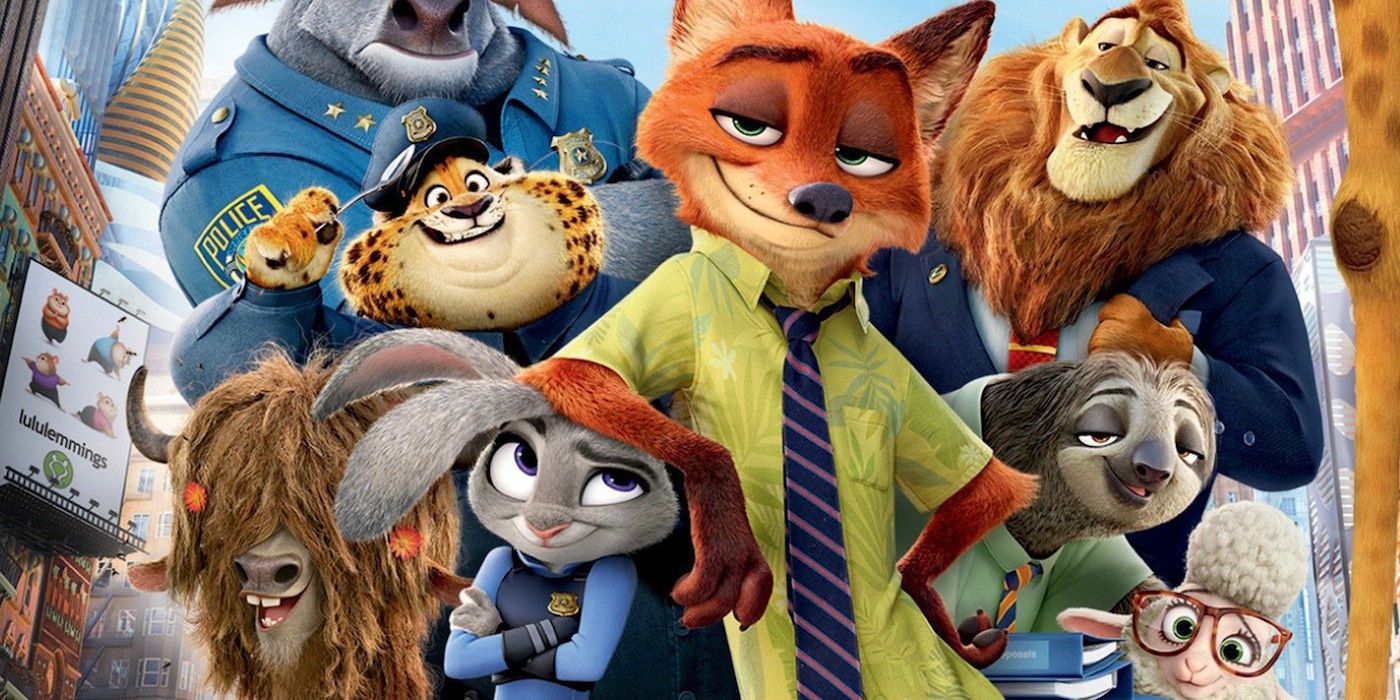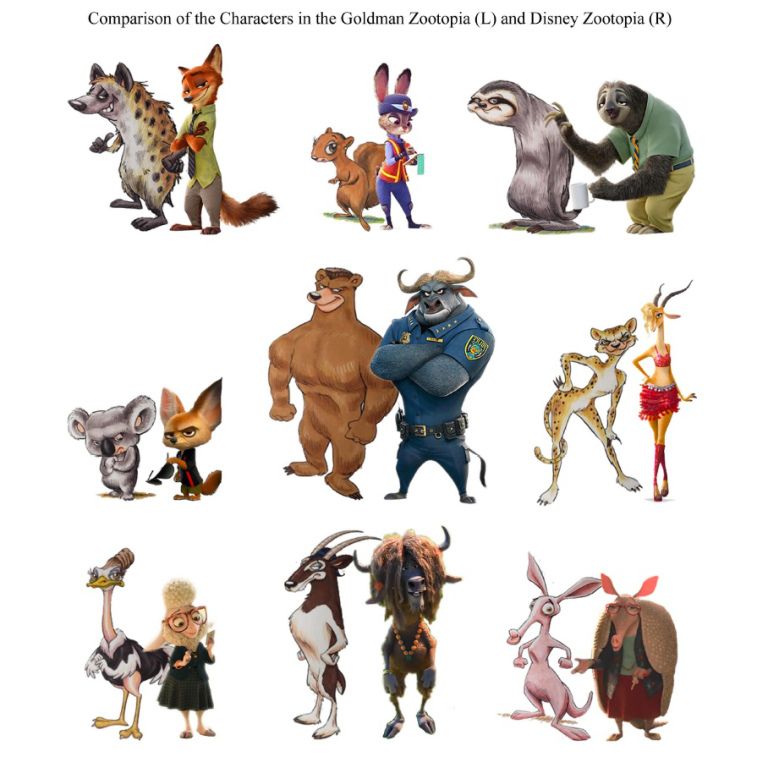Disney's "Zootopia" might have raked in awards last year, netting Best Animated Feature Film at the Golden Globes, Critics' Movie Choice Awards, Annie Awards and Academy Awards, but the noir thriller set in a world completely inhabited by talking animals has stumbled into a courtroom mystery of its own in the form of a copyright infringement claim.
The new copyright infringement and breach of implied-in-fact contract lawsuit comes from Gary Goldman. Goldman, the screenwriter behind both versions of "Total Recall" and 1986's "Big Trouble in Little China," pitched a film concept titled "Zootopia" to Disney first in 2000 and again in 2009. Goldman claims Disney took plot, dialogue and character elements from those concepts without crediting him.
RELATED: Disney Gives Update On Live-Action Aladdin, Mulan Remakes
“The Disney 'Zootopia' is substantially similar to the Goldman 'Zootopia,'” reads the complaint from Goldman’s Esplanade Productions. “They copied Goldman’s themes, settings, plot, characters, and dialogue—some virtually verbatim … They copied Goldman’s title, 'Zootopia.' They even copied Goldman’s character designs and artwork.”
Goldman's complaint is accompanied by numerous visual aids demonstrating the alleged similarities between the concept art the writer pitched and the characters that eventually made it into the animated film, which netted more than $1 billion at the box office. While the complaint does not lay out the concrete number that Goldman is seeking in financial restitution, it's a step in that direction.
RELATED: Disney’s Beauty and the Beast Roars With $174M U.S., $350M Globally
What the plaintiffs want is for Disney to reveal very nearly every monetary deal about the 2016 film, its production and its resulting merchandise. That means "all profits derived from their use of the Goldman 'Zootopia' and their production, reproduction, preparation of derivative works based on, distribution, performance, and display of the Disney 'Zootopia' or the 'Zootopia' Merchandise in all media, from all sources, worldwide."
Using that information, Goldman's company would then go on to define damages based on the financial success of the film. According to the lawsuit, the defendants would "be ordered to pay to Esplanade all damages, including future damages, that Esplanade has sustained, or will sustain, as a consequence of the acts complained of herein, and that Esplanade be awarded any profits derived by Defendants as a result of said acts, or as determined by said accounting.”
Obviously, Disney wants nothing to do with Goldman's complaint. The company has already issued a statement denouncing the lawsuit as an attempt to "lay claim to a successful film [Goldman] didn’t create." Only time will tell if the courts see enough similarities between the illustrations, plot points and dialogue provided by Goldman and Disney's "Zootopia."
(via Deadline)


